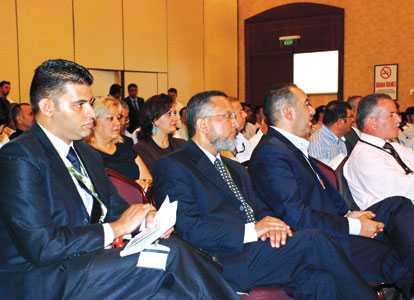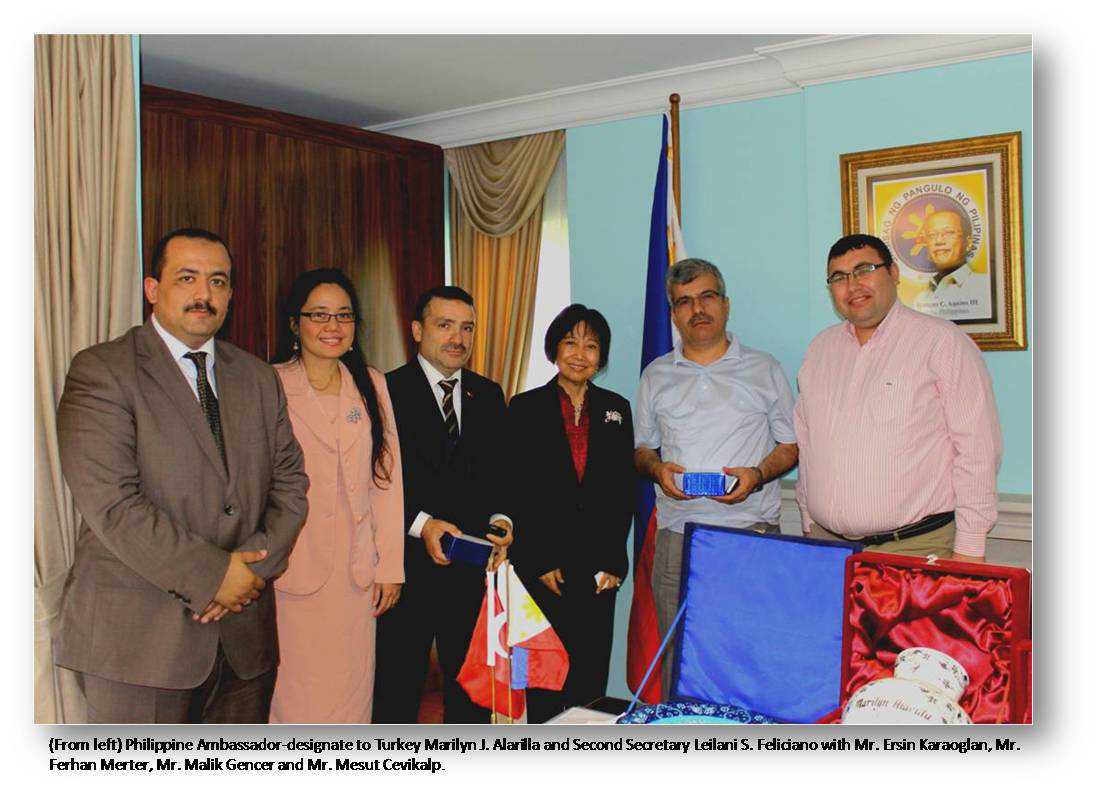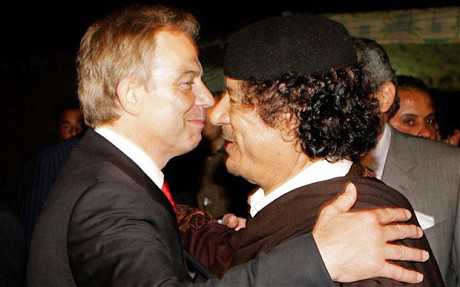Gökhan Kurtaran
ISTANBUL

Egyptian businessmen visited Turkey for the first time since the revolution to look for ways to resume business bonds with the country, said the head of the Egyptian-Turkish Business Council on Monday.
“The visit of Turkish Prime Minister Recep Tayyip Erdoğan to Egypt last week has worked more than thousands of compliments could be made for Egypt-Turkey relations,” said Zuhal Mansfield, head of Turkish-Egyptian Business Council at the Foreign Economic Relations Board of Turkey, or DEİK, in an e-mail response to Hürriyet Daily News questions. There have been close relations with the new Egypt following uprising that began Jan. 25, she said.
A delegation of 41 Egyptian businessmen visited Turkey’s southern province of Adana and Mersin on Monday and will visit two major industrial cities in the south, Gaziantep and Iskenderun, on Tuesday to have bilateral meetings with Turkish businessmen.
“Our prime minister went there to pave the way for Turkish traders and businessmen,” said Mansfield, noting that the visit has proved that Turkish and Egyptian business bonds would be stronger than ever. Turkey’s approach during the North African country’s hard times would play a significant role in developing closer ties with Turkey, she said.
The Turkish and Egyptian trade volume reached $3.4 billion by the end of last year. “We aim to reach a total trade volume of $10 billion in the next five years,” Mansfield said.
There were almost no Turkish businessmen in Egypt five years ago, according to Mansfield, who said Turkish businesses have invested approximately a total of $1.5 billion in Egypt during the last five years. According to her, Egypt in its post-revolution era will witness approximately $5 billion in Turkish investment by 2015.
Mansfield also said the new Egyptian interim government should start issuing five-year visas for Turkish businessmen, adding that this would accelerate the business relations between both countries. Turkey and Egypt already have been working on a draft for a free trade zone agreement that is expected to be signed in 2020. “We can backdate it to 2015.”
Turkish bank in Egypt
The business council head said opening banks in both Turkey and Egypt was a must to ease transactions between the two countries. “Now it’s time to have a [Turkish] bank in Egypt,” she said. Mansfield also said Turkey and Egypt would soon start roll on-roll off maritime services between Mersin and the Egyptian city of Alexandria.
“The southern province of Adana ranks as the 13th biggest goods supplier of Egypt, exporting nearly $25 million to Egypt annually,” said Sadi Sürenkök, chairman of the Adana Chamber of Commerce said, according to an Anatolian news agency report on Monday. “I believe trade between the countries will accelerate,” Sürenkök added.
“We aim to have closer bonds with Turkish businessmen as we also would like cooperate in textile and construction sectors,” said Ahmet Hassan, vice chairman of Alexandria Chamber of Commerce, the agency reported. “We will do our best and ease the investment process for Turkish investors in Egypt,” he said.
via Egyptians in Turkey for new business ties – Hurriyet Daily News.





